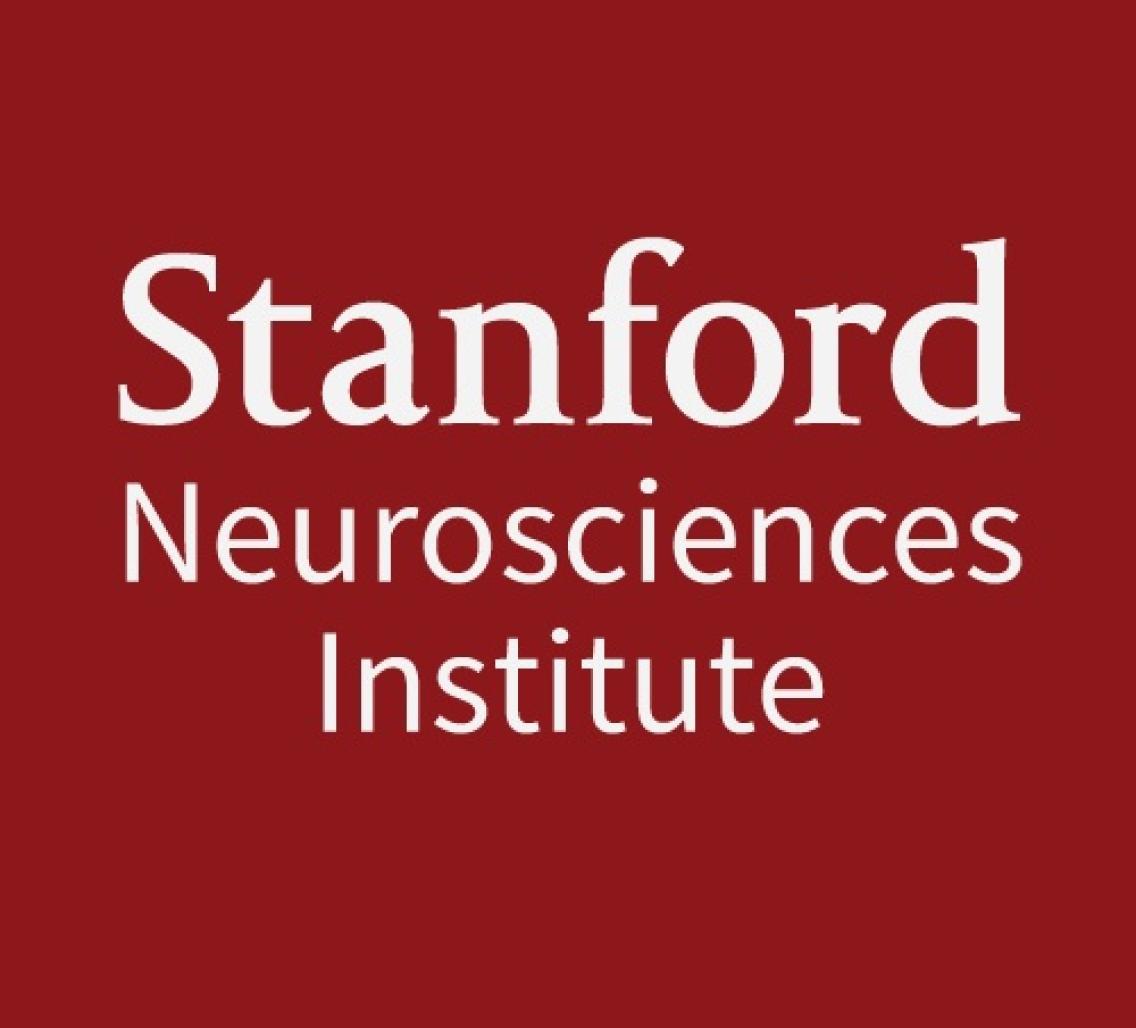Event Details:

Molecular and cellular adaptations to the unique lifestyle of mammalian hibernators
Elena Gracheva, PhD
Assistant Professor of Cellular and Molecular Physiology, Yale University
Host: Ben Barres
Abstract
Thermoregulation and thermotolerance are fundamental processes that affect virtually all aspects of human physiology. Despite decades of research, the molecular basis of thermal homeostasis remains obscure. Our long-term goal is to understand the physiological pathways and molecular mechanisms that constitute the thermoregulatory network in mammals. In my laboratory we approach these questions from a unique perspective, and using a novel model organism – hibernating thirteen-lined ground squirrels.
Mammalian hibernation is a cyclical reprogramming of thermosensory phenotype. This process is associated with dramatic adaptive perturbations: heart and respiration rate drastically decrease, and core body temperature precipitously drops from 37°C to 2-5°C. Upon awakening, hibernating animals can rapidly re-warm themselves to a euthermic level within as little as 2 hours. In the process, their body temperature can reach up to 43ºC, and the animal can remain hyperthermic for hours without signs of distress or discomfort. This phenomenon is referred to as "extreme thermogenesis". For non-hibernating species (human, mouse), such a high body temperature presents a potentially fatal condition.
Recently, we identified molecular components that help thirteen-lined ground squirrels to quickly restore neuronal activity during arousal from hibernation and tolerate noxious thermotransduction during the phase of extreme thermogenesis.